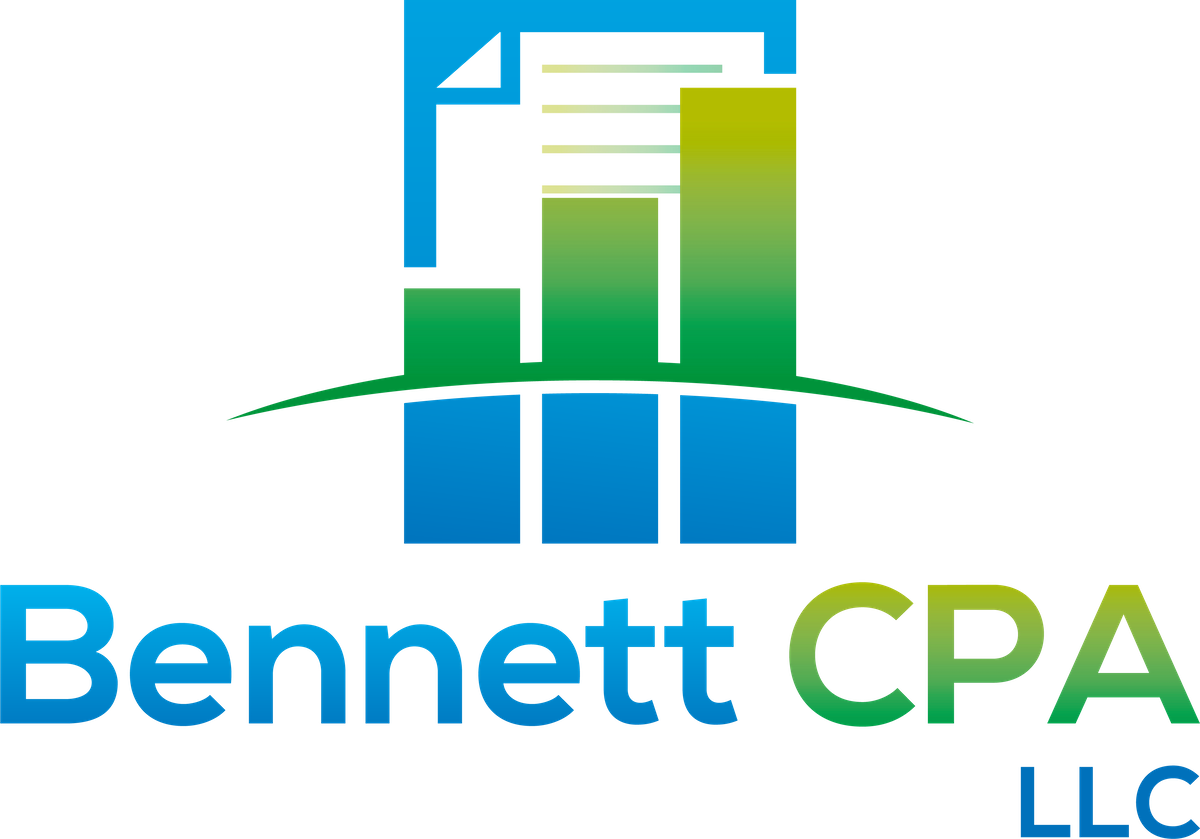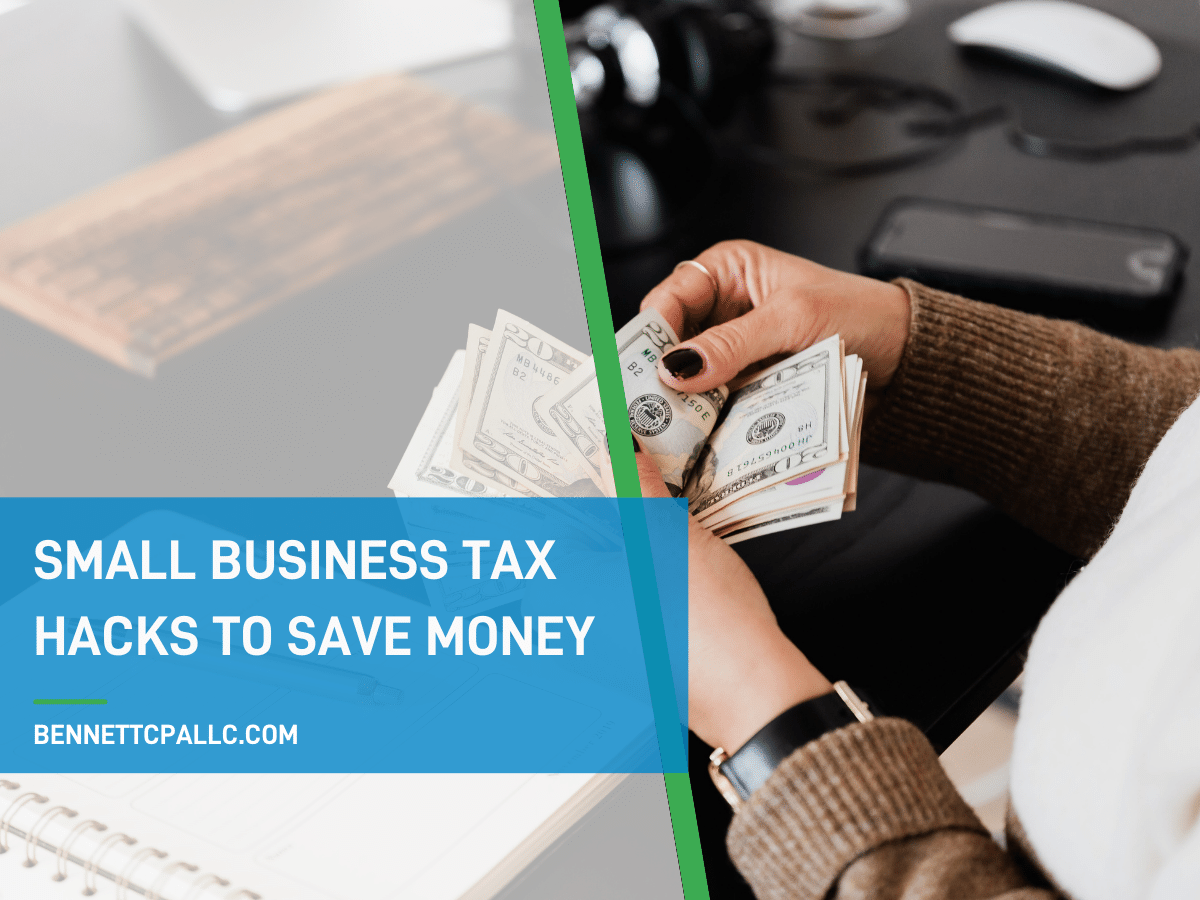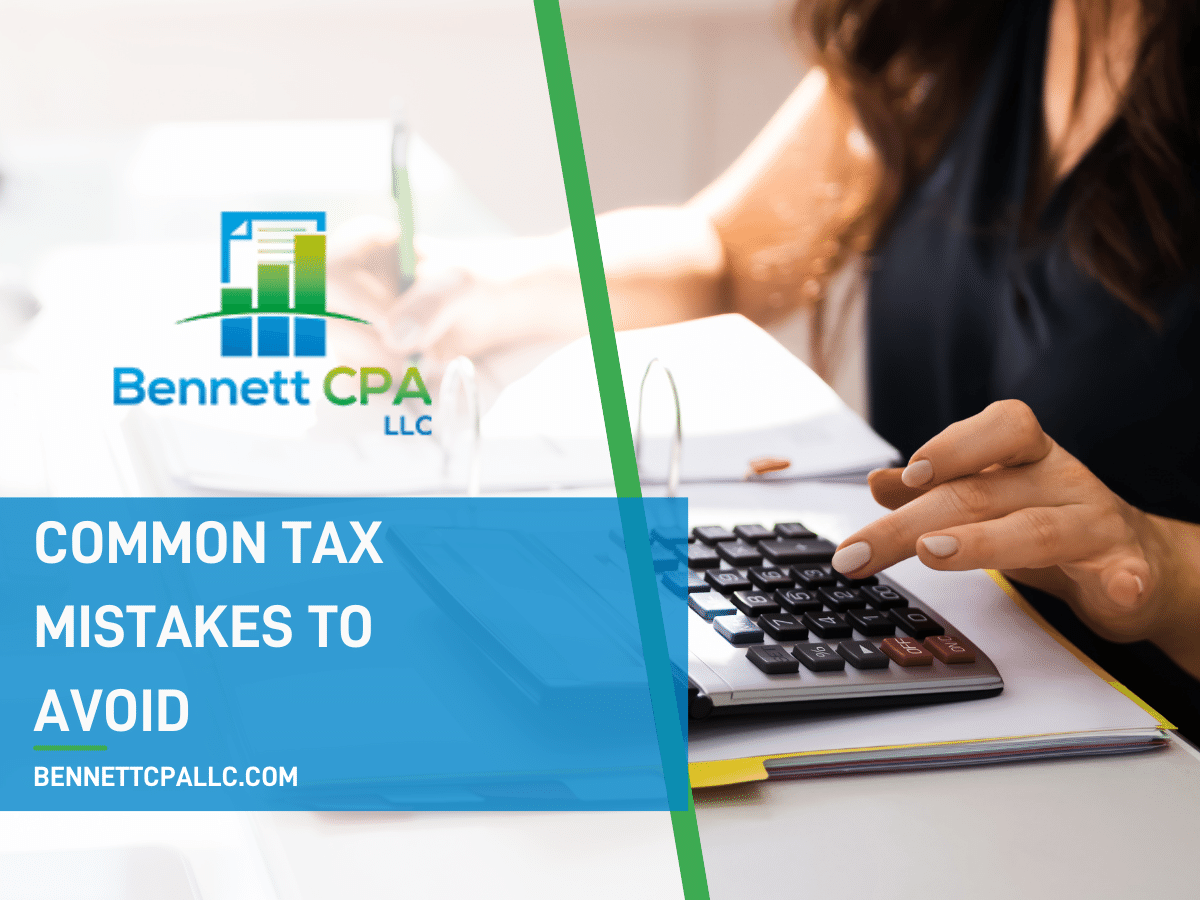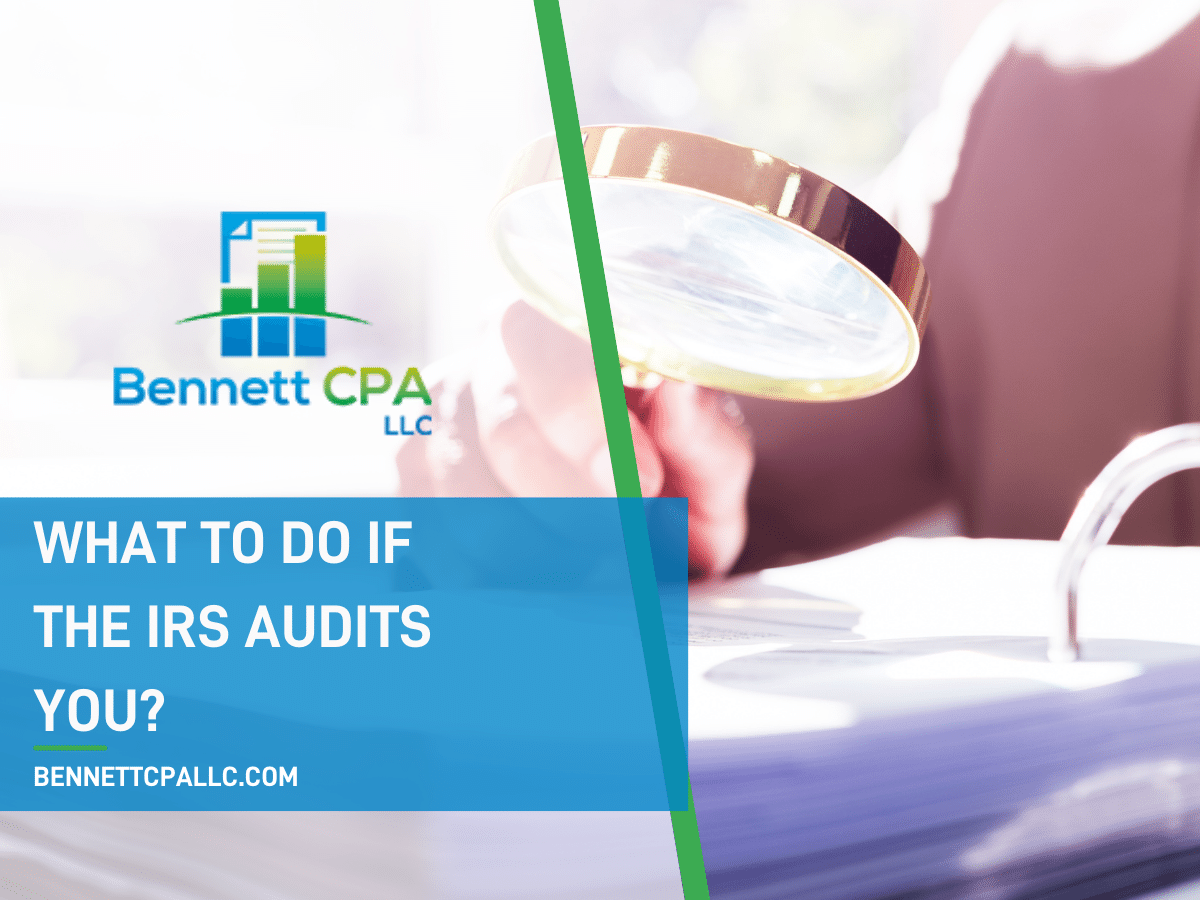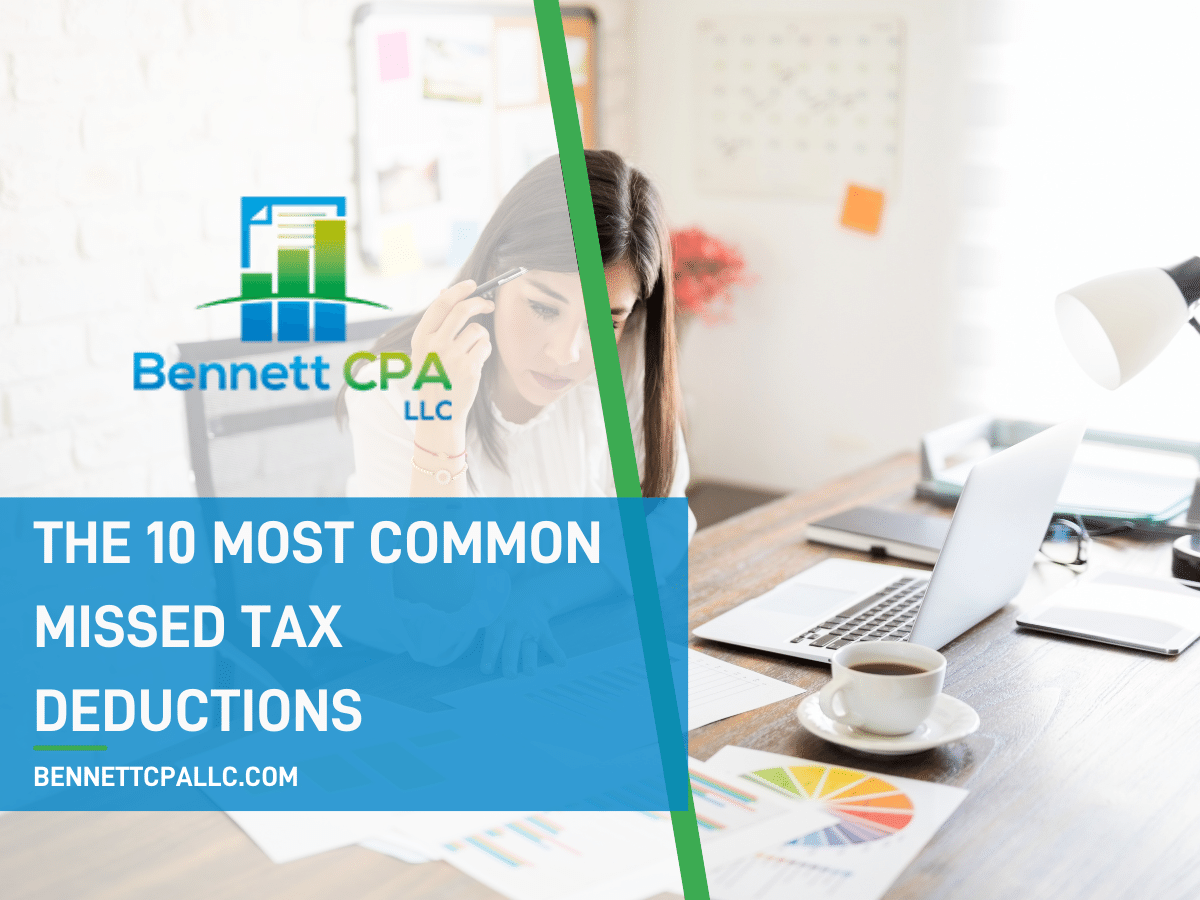As a small business owner, you’re always looking for ways to save money. And when it comes to taxes, there are a number of hacks that can help you lower your tax bill. For example, did you know that you can deduct the cost of business lunches? Or that you can write off the cost of new equipment? In this blog post, we’ll share some of our favorite small business tax hacks. Whether you’re a sole proprietor or a corporation, read on to learn how to save on your taxes.
Merrill Bennet is a certified tax professional serving the Colorado Springs community. He founded Bennett CPA to provide quality and affordable accounting services to small and medium-sized businesses. With Bennett CPA, you never have to face the complexities of small business taxes alone.
1. Review your expenses and see where you can cut back.
When it comes to deductions, small business owners have a lot of options. But that doesn’t mean you should take advantage of all of them. Take a close look at your expenses and see where you can cut back. For example, if you’re spending a lot on entertaining clients, you may want to scale back. Or if you’re shelling out for business travel, consider using some of those funds to upgrade your home office instead.
2. Take advantage of tax deductions and credits.
There are a number of small business tax deductions and credits that you can take advantage of. For example, you may be able to deduct the cost of business lunches, new equipment, or travel expenses. And if you’re self-employed, you can deduct a portion of your health insurance premiums. There’s a standardized deduction for home offices if you have a designated workspace in your primary residence. Be sure to talk to your accountant or tax advisor to see what deductions you qualify for.
3. Stay organized and keep good records.
One of the best ways to save on taxes is to stay organized and keep good records. This will help you keep track of your expenses and take advantage of deductions. It will also come in handy if you’re ever audited. So make sure you have a system for tracking your income and expenses, and be sure to save all your receipts. Some online accounting software allows you to upload your receipts, which keeps everything organized and in the same place.
4. Plan ahead for big purchases.
If you’re planning to make a big purchase, such as a new piece of equipment, it’s important to plan ahead. This way, you can take advantage of depreciation deductions. For example, if you buy a new computer for your business, you may be able to deduct a portion of the cost over several years.
5. Know what to do if you’re small business is audited.
Being audited by the IRS can be a daunting experience, especially for small business owners. However, there are some steps you can take to make the process go more smoothly. First, it’s important to gather all of the relevant documentation. This includes everything from receipts and bank statements to records of expenses and income.
Once you have all of your paperwork in order, you should contact a tax professional who can help you understand what to expect and how to best prepare for the audit. Finally, remember that the IRS is just doing its job, and try to remain calm and cooperative throughout the process. By taking these steps, you can help ensure that an audit doesn’t end up being a costly and stressful experience.
5. Understand the tax implications of your business structure.
The type of business structure you have will affect your taxes. Sole proprietorships are the simplest business structure and are taxed as part of the owner’s personal income tax return. This means that the owner pays taxes on the profits of the business at their individual income tax rate.
Partnerships are similar to sole proprietorships, but there are two or more owners involved. The partnership itself doesn’t pay taxes; instead, the profits are “passed through” to the partners and taxed at their individual income tax rates. LLCs are a bit more complex, but they offer some advantages from a tax perspective. LLCs can be taxed as sole proprietorships or partnerships, or they can choose to be taxed as corporations.
S corporations are a special type of corporation that offers some tax benefits for small businesses. The main benefit is that S corporation profits are “passed through” to shareholders and taxed at their individual income tax rates, rather than being subject to corporate income tax. If you’re not sure what type of business structure you have, or if you’re thinking of changing your structure, be sure to talk to your accountant or tax advisor.
6. Keep an eye on changes in tax law.
Tax laws are always changing, so it’s important to stay up-to-date on the latest developments. This can be a challenge, since tax laws are complex and often confusing. But there are some resources that can help, such as the IRS website or a professional organization like the National Association of Tax Professionals. By staying informed, you can help ensure that you’re taking advantage of all the deductions and credits you’re entitled to.
7. Work with a tax professional.
Working with a tax professional can be a big help, especially if you’re new to the world of small business taxes. A tax professional can help you understand the ins and outs of the tax system and take advantage of deductions and credits you may not be aware of. They can also help you stay organized and avoid problems down the road. So if you’re feeling overwhelmed by taxes, don’t hesitate to reach out for help.
For more information, be sure to check out the IRS website or contact Bennett CPA to see how we can help you prepare for the next tax season. When you work with Merrill Bennett for your small business taxes, you can access year-round tax advice and feel confident that you are maximizing your return. By taking some time to understand the tax system and planning ahead, you can help ensure that your business is on sound financial footing.
